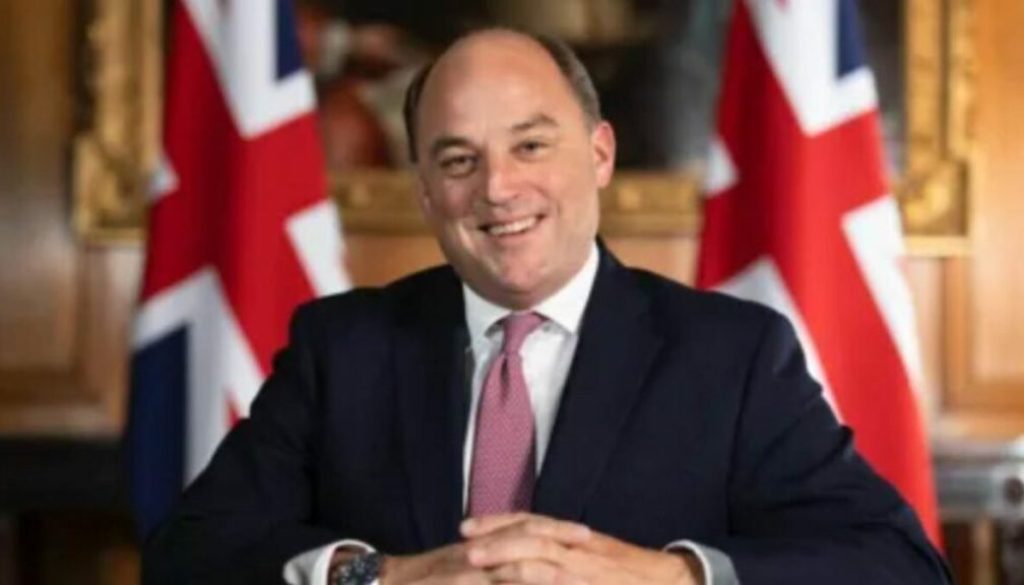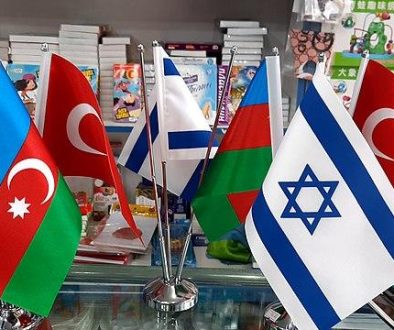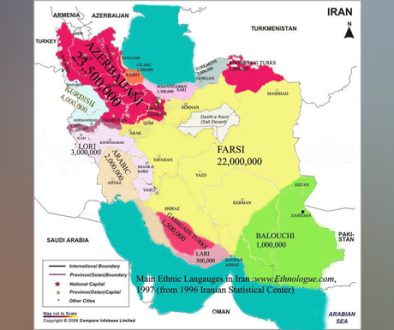U.K. Says Russia To Give Iran Military Components In Exchange For Drones
British Defense Secretary Ben Wallace has said that Russia plans to give Iran “advanced military components” in exchange for hundreds of drones. “Iran has become one of Russia’s top military backers,” Wallace told parliament on December 20 as part of a statement on the Russia-Ukraine conflict.
“In return for having supplied more than 300 kamikaze drones, Russia now intends to provide Iran with advanced military components, undermining both Middle East and international security.”
Iran has admitted supplying Moscow with drones but said they were sent before Russia invaded Ukraine in February. Russia has used the aircraft to target power stations and civilian infrastructure in what might constitute a war crime.
The European Union, the United States, Britain and other countries have imposed sanctions on Iranian individuals and entities believed to be involved in the supply of Iranian drones to Russia, as well as in the bloody crackdown by Iranian authorities on ongoing nationwide protests.
EU foreign policy chief Josep Borrell said his December 20 meeting with Iranian Foreign Minister Hossein Amirabdollahian in Jordan, where both are set to attend a regional conference, was necessary “amidst deteriorating Iran-EU relations”.
“Stressed need to immediately stop military support to Russia and internal repression in Iran,” Borrell tweeted.
Iran has been gripped by protests demanding more freedoms and women’s rights since the September death of a 22-year-old woman, Mahsa Amini, in the custody of morality police. She had been arrested for an alleged breach of the country’s strict dress code.
Iranian security forces have killed at least 469 people since the eruption of the demonstrations, including 63 under-18s, according to the Norway-based Iran Human Rights group. At least 18,000 others have been detained.
Dozens of people involved in the demonstrations have been handed capital punishment or are facing charges that carry a death sentence. Iran carried out the first execution on December 8, followed by a second one four days later, triggering international condemnation.



